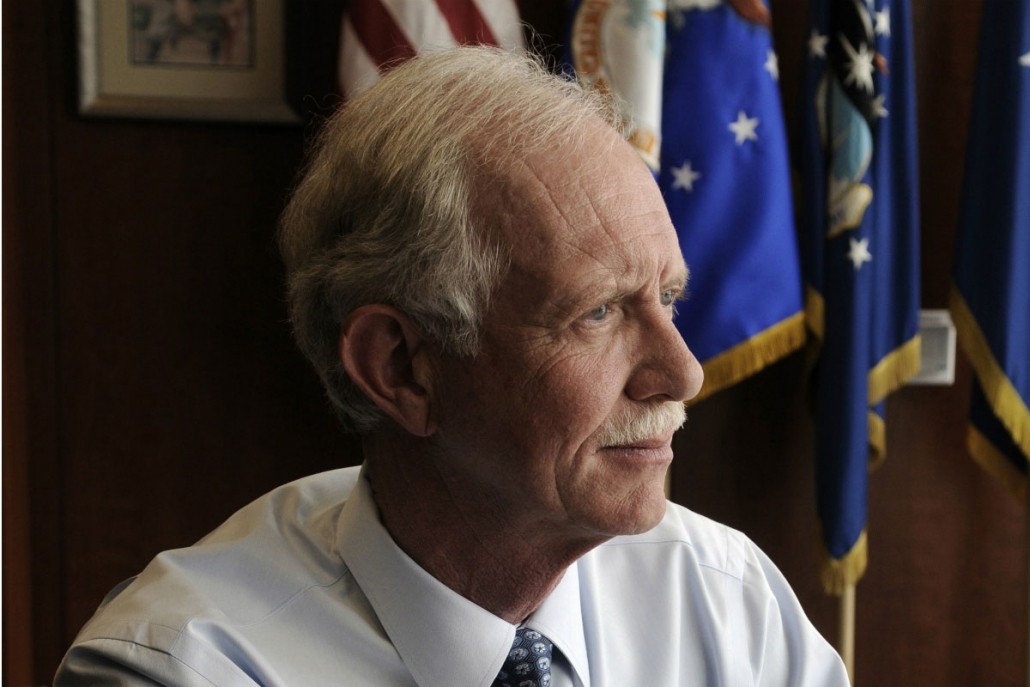With Congress heading for its summer recess, it is now clear that there will be no House floor vote on the 21st Century Aviation Innovation, Reform, and Reauthorization Act (H.R.2997) until September. Here, we take a look at the latest developments in the ongoing debate over US Air Traffic Control (ATC) privatization.
Delay in Passage of the Bill
Despite efforts by Republican Congressman Bill Shuster to have the bill placed on the House calendar before the August break, a packed legislative schedule means that H.R.2997 will not be considered until representatives return in September.
Proponents of the bill argue that changes to the American ATC infrastructure are long overdue. “This is about unleashing American innovation and putting the traveling public ahead of the dysfunction in Washington.” said Shuster, the driving force behind the legislation. Fellow Republican Jeff Denham shares this view. “We’ve needed to modernize our air traffic systems in this country for far too long,” said the California Congressman. “It’s time to embrace new technologies and cut red tape to move American aviation into the future and maintain our competitiveness.”
Mounting Opposition to US Air Traffic Control Privatization
Many within the general aviation community feel this legislation could have a negative impact on their operations. One of the chief concerns is that access to the nation’s airports and airspace may become more restricted. In addition, the proposed changes to fee structures are likely to result in higher running costs for smaller operators, who do not benefit from the same economies of scale as commercial airlines.
Several senior elected officials from both sides of the house have spoken out against ATC privatization. These include five Republican congressmen who sent a letter to US House leaders expressing reservations about the bill (the full text of which can be read here).
Oregon’s Democratic Governor Kate Brown shares their concerns. In a letter to the House Transportation Committee last month, Governor Brown stated “A wholesale divestment and privatization of the air traffic control system without sufficient preparation and understanding of the impacts on general aviation could have significant negative consequences for stakeholders in the National Airspace System.”
The latest addition to the chorus of disapproval is Captain Chesley Sullenberger, the pilot who famously performed a heroic emergency landing of a stricken US Airways jet on New York’s Hudson River in 2009. “Most of aviation is not airline flying,” said Sullenberger. “The freedom to fly in the US is something that we need to protect and preserve. So why in the world would we give the keys to the kingdom to the largest airlines? Because they definitely have their own agenda – to lower their costs.”
 Captain Chesley “Sully” Sullenberger has voiced concerns about the proposals contained in the legislation, and how these may affect general aviation.
Captain Chesley “Sully” Sullenberger has voiced concerns about the proposals contained in the legislation, and how these may affect general aviation.
What Next for the Bill?
The August recess will leave less than a month for the House of Representatives to consider the bill and negotiate a final agreement with the Senate, before the FAA’s legal authority expires at the end of September. “I wanted to pass it now,” explained Congressman Shuster last Thursday. “If we had another week here, I think we’d have it on the floor next week. It’s just one of those things where it takes time for members to engage and understand.”
The National Business Aviation Association (NBAA) has welcomed this interval, seeing it as an opportunity to further mobilize opposition to the legislation. “The situation is far from settled,” said Ed Bolen, President and CEO of NBAA. “Rather than victory, what we have earned to date is the privilege and opportunity to continue our fight for the future of general aviation.”
Stay tuned to our blog for the latest updates on this important issue.
Further Reading
For more information on the background to the 21st Century Aviation Innovation, Reform, and Reauthorization Act (H.R.2997) bill, please refer to our previous two articles on the topic:



